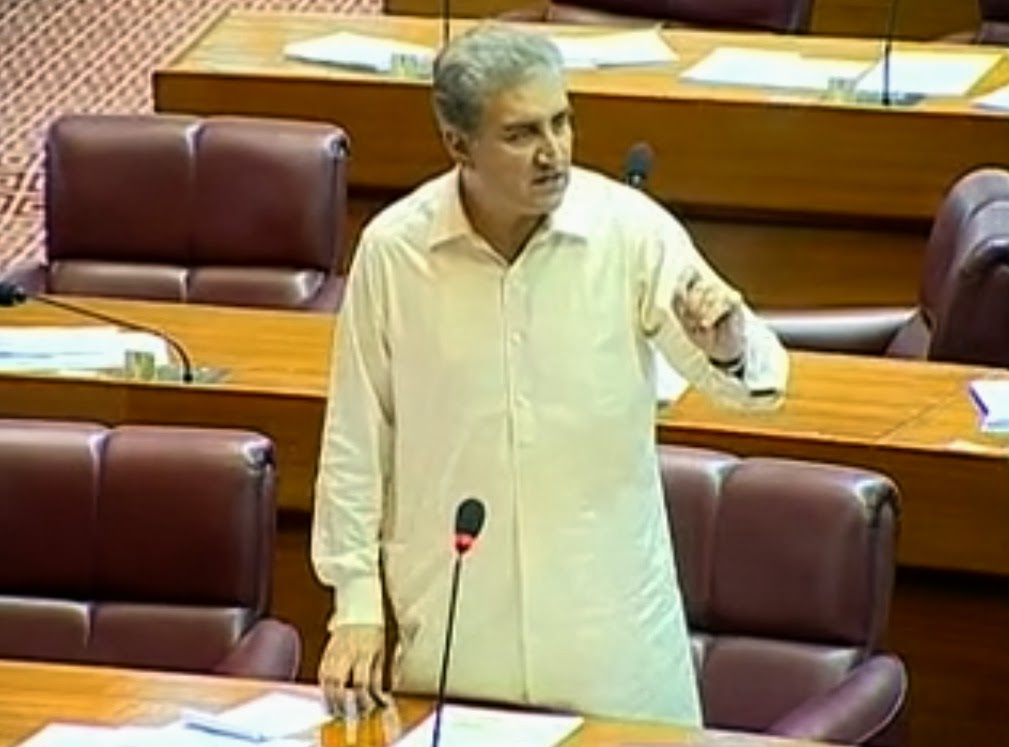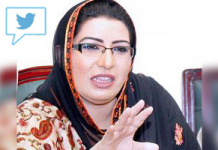مضمون کا ماخذ : فنکی پھل
متعلقہ مضامین
-
Faisalabad police arrest student for cracker attack inside school
-
10 controversial figures caught in the Panama bind, included PM Nawaz
-
Minister accuses India of backing terrorism in Pakistan
-
PM Nawaz to leave for Pishin today
-
T1 الیکٹرانک آفیشل ڈاؤن لوڈ گیٹ وے کی اہمیت اور استعمال
-
ورچوئل رئیلٹی لاٹری انٹرٹینمنٹ کی آفیشل ویب سائٹ کا تعارف
-
ٹریژر ٹری انٹرٹینمنٹ کا آفیشل لنک - مکمل معلومات اور تفصیلات
-
RSG الیکٹرانکس آفیشل ڈاؤن لوڈ گیٹ وے: آپ کے الیکٹرانک آلات کی جدید ترین سہولیات
-
جی شیانگ ڈریگن ٹائیگر آفیشل گیم پلیٹ فارم: محفوظ ڈاؤن لوڈ اور انوکھے تجربات
-
Starburst ایماندار بیٹنگ اندراج کی مکمل گائیڈ
-
ورچوئل اسپورٹس انٹیگریٹی انٹرٹینمنٹ ایپ: مستقبل کی تفریح کا نیا ذریعہ
-
ڈیولز فورچیون آفیشل گیم ڈاؤن لوڈ: مکمل گائیڈ اور تفصیل













